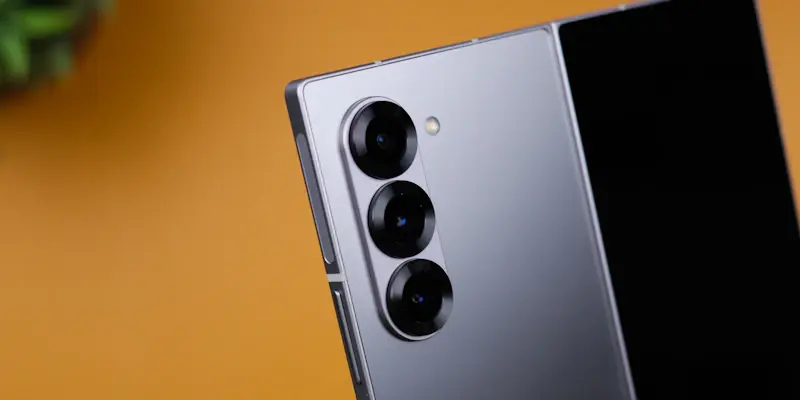In an increasingly competitive foldable smartphone market, Samsung is reportedly aiming to enhance user experience with a significant upgrade to their upcoming Galaxy Z Fold7 by potentially increasing its charging speed to 45W. This potential enhancement would mark a notable shift from the 25W standard that has been consistent since the Galaxy Z Fold4, aligning with the fast charge capabilities of the Galaxy S25 Plus and Galaxy S25 Ultra models. For users, this means the convenience of charging their devices from 0% to 70% battery in roughly 30 minutes, significantly reducing downtime and keeping up with the fast-paced lifestyle of modern smartphone users.
Despite the anticipated increase in charging speed, the battery capacity of the Galaxy Z Fold7 is expected to remain at 4,400 mAh. Maintaining the same battery size while improving charging efficiency suggests Samsung’s intent to boost performance without compromising the physical design of their foldable devices. Though the battery size is unchanged, the benefits of quicker charging could be substantial for users who rely on their devices for extended periods. This strategy enhances overall user satisfaction by offering faster access to a fully operational smartphone.
Other hardware features, including the camera, are likely to remain consistent with previous models, suggesting that the main focus of this iteration may be on improving the charging capabilities rather than overhauling the hardware design entirely. By keeping certain core features steady, Samsung is building upon a tried-and-tested foundation while addressing key areas for improvement. The camera, a significant aspect of today’s multifunctional smartphones, thus remains reliable and consistent, complementing the newest enhancements in charging technology.
Samsung’s decision to boost the wired charging speed to 45W underscores their commitment to innovation and customer satisfaction in the competitive foldable smartphone market. Although the primary hardware changes may not be revolutionary, the shift from 25W to 45W charging represents a thoughtful, user-centered approach to enhancing device functionality. This evolution in charging technology could set a precedent for future models, signaling Samsung’s dedication to addressing user needs and maintaining their position as a leader in the smartphone industry.

